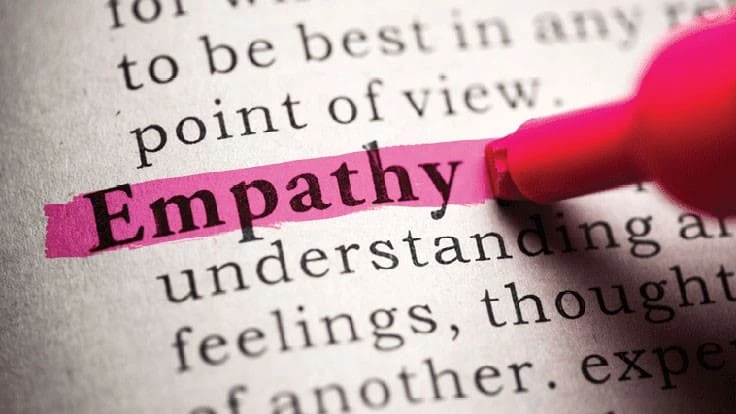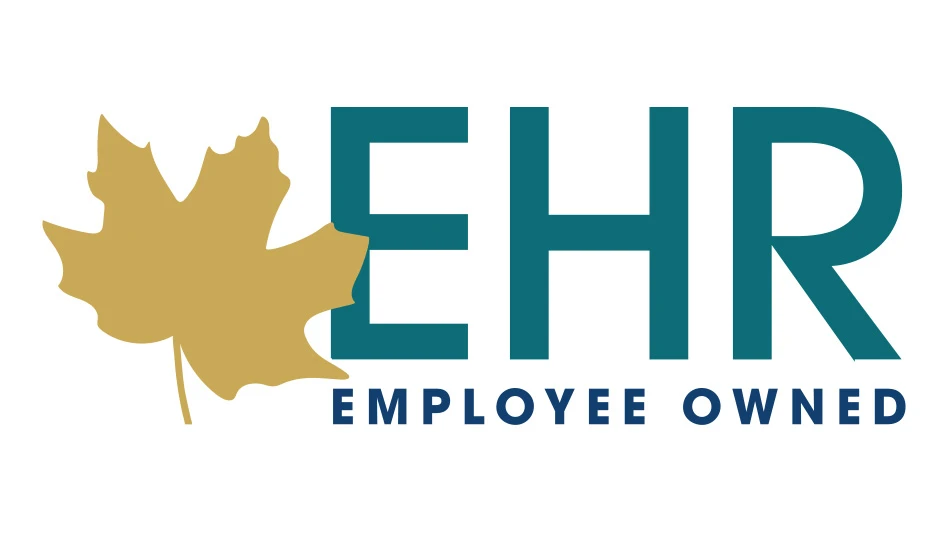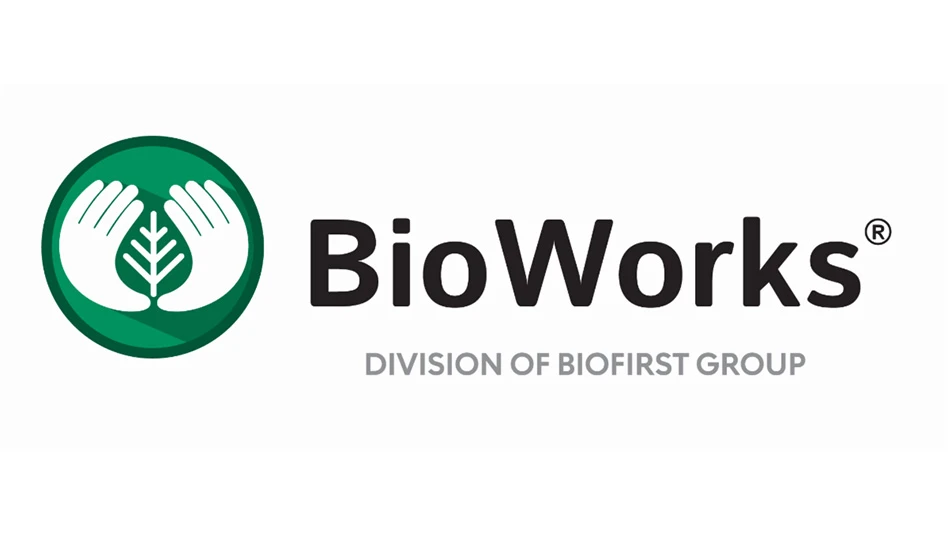

Do you remember getting a training course in how to model and employ empathy as a leader in your business and management training classes you took as a part of your horticulture degree? Neither do I … because there weren’t any. People management training classes, that is. This is a common reality for most of us who worked our way up into management or ownership roles across sectors of the green industry.
While we may be formally trained to care for plants, most of us weren’t trained to manage human employees. Much less prioritize empathy.
On the job
I was 26 years old when I first started to have to formally take responsibility for employees. I had, to a lesser degree, done so informally at previous jobs and in graduate school, but without any real gravitas. I was driven, capable and smart at my plant-focused profession … but looking back, I was ill-equipped to take on managing other people’s day to day performance and long-term success. I was still trying to figure out how I should try and manage my own. But as is often the case, competency can be both a blessing and a curse. If I’d known I would end up being responsible for more people and P&Ls than plants … I might have gotten another degree!
How old were you when you had the manager cap slapped on your head? Was it because you signed up for it? Or perhaps you were just good at the actual job you were hired to do, so you eventually got shuffled into a “management” role — or had those duties added on to your existing job — because that was most convenient for your employer. If you did, or do, want the responsibility of managing people, did you get the sort of training you’d need to be a good and empathetic leader?
Model manager
It’s a given that we want to earn more and progress in our careers. That usually means taking on the duties of managing staff, even if we were only trained to manage plants. It’s easy to think that because we’re good at our jobs that we’ll also be good at managing people; but it’s never as easy as we think it’s going to be. And most of us make a lot of mistakes along the way. I often felt compelled to manage in ways that felt toxic to me, simply due to the pressures of my role or priorities of those employing me. None of us want to make such mistakes, but we often simply don’t have the tools in our toolbox needed to fine tune our people skills, the way we do with our plant skills.
If we look at the definition of empathy — the ability to understand and share someone else’s feelings or imagine oneself in another person’s particular situation such that you can experience their emotions — being a naturally empathetic leader seems like a pretty lofty goal for a 26-year-old. Without enough life experience to authentically imagine myself living in the shoes of others who may be older or have completely different lives than I did, the right kind of empathy didn’t come naturally. As a woman working in this industry, I can also say I’ve rarely, if ever, been managed empathetically. It’s admittedly hard to manage empathetically when it hasn’t been modeled for you. Think about that.
The long road
If you manage long enough, you hopefully, eventually, work to figure it out on your own. My management style — one that I was finally comfortable with personally — didn’t really manifest until I started running my own business. Once I hit 40, had plenty of management experience under my belt, and was calling all the shots, I finally felt free to manage my way. A way in which I felt free to act like a real human being and allow my employees to do the same. To prioritize things not prioritized for me in previous positions.
Now cusping 50, I can say that I “get it” and the last few years of managing people have been the most peaceful and happy of my entire career. I suspect many of you who manage have had similar experiences of growth and wisdom over your career. But wouldn’t it be great if instead we could all earn to manage with real empathy from the start? By making empathy a central focus of your people managing practice you can not only have happier and more productive employees but also offer them the modeling they need to start off managing on the right foot — hopefully at a much younger age.
Draw the line
That said, please don’t conflate my making a case for empathy with that of getting too personal with your staff or over-blending personal and professional lives. Being an empathetic leader does not mean you’re required to be friends with your staff or share personal information — or that you are privy to your staff’s personal life or persona. Healthy empathy comes with healthy boundaries.
Use it or lose it
Soft skills, such as empathy, have always been a critical, albeit elusive, skill for managers and leaders. The intense stresses and anxieties created by the pandemic should have you putting empathy in the top drawer of your manager tool kit. Employees who are already experiencing intense stress aren’t going to put up with abusive bosses or those who micromanage for very much longer. If they haven’t quit on you already. Listening takes practice, as does envisioning and understanding another person’s experience. Empathy is like a muscle, you must use it to build it up, or you’ll lose it.

Explore the March 2022 Issue
Check out more from this issue and find your next story to read.
Latest from Greenhouse Management
- Grant awarded to test western U.S. wood species for use as wood fiber potting substrate
- Pennsylvania Horticultural Society announces 2025 Gold Medal Plant winners
- Oasis Grower Solutions announces new Southeast territory sales manager
- A nation of gardeners: A history of the British horticulture industry
- Last Word with Angela Labrum, Bailey Nurseries
- Iowa plant supplier Plantpeddler building retail complex
- This month's Greenhouse Management magazine is about native plants and sustainability
- The HC Companies, Classic Home & Garden merge as Growscape





